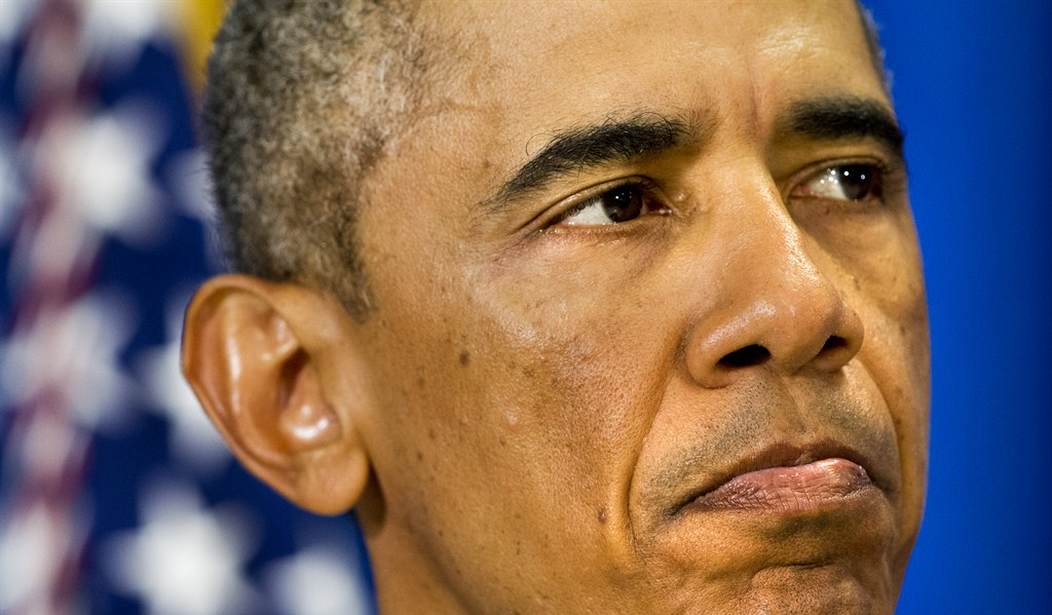When the economy shrinks substantially over the course of an economic quarter, tepid recoveries tend to look, well, tepid. The nonpartisan Congressional Budget Office has
Advertisement
The Congressional Budget Office on Wednesday forecast that the U.S. economy will grow by just 1.5 percent in 2014, undermined by a poor performance during the first three months of the year. The new assessment was considerably more pessimistic than the Obama administration's, which predicted last month that the economy would expand by 2.6 percent this year even though it contracted by an annual rate of 2.1 percent in the first quarter...Even with the [Q2] rebound, economists have lowered their outlook for the entire year, given the weak start. Economists at JPMorgan Chase are forecasting that the economy will grow by 1.9 percent this year, when measured from the fourth quarter, down from 3.1 percent in 2013.
US Gross Domestic Product grew at a sluggish 1.9 percent rate in FY 2013. The new 2014 forecasts reflect the ongoing reality of America's historically weak economic recovery under President Obama. Policies matter. The CBO also updated its projections on annual deficits and the national debt. The latter measure has ballooned by $7 trillion and counting since Obama took office, far eclipsing the debt accrual of all other presidents. The bookkeepers determined that this year's deficit will exceed half-a-trillion, an improvement over Obama's abysmal baseline, but that trouble lies ahead.
Recommended
Advertisement
The Congressional Budget Office released another report on the nation’s debt and deficit picture today, and the short version goes something like this: We’ve made some short-term progress in reducing annual deficits, but the long-term debt picture is still quite bleak. It’s the calm before the storm more than a sign that all is well...even as annual deficits have declined, total federal debt levels have remained high. And they are expected to rise to unprecedented levels in the years to come. By the end of this fiscal year, the CBO says, federal debt held by the public will equal 74 percent of GDP, double its 2007 level...The higher the debt levels, the bigger the problems for the nation, especially when debt levels are this high. As the CBO notes (and has said repeatedly in previous reports), higher debt means higher federal spending on interest to maintain the debt, lower economic growth rates, less flexibility for policymakers in all matters, and an increased risk of a fiscal crisis. Basically, debt costs money to carry, and robs the nation of other options: the more a nation owes, and the more it spends on debt, the fewer choices it has to do other things, which creates a kind of precarious state in which really big problems—like a fiscal crisis—are more likely, and harder to deal with when they do occur. It’s a fiscal feedback loop, and it’s threatening to drag us down.
Advertisement
The biggest driver of our long-term debt is unfunded liabilities, or unpaid-for federal promises, with Medicare being the most significant. Obamacare fans have tried to tout the new law as having slowed Medicare spending increases, but economists have attributed that slowdown to the lackluster economy. The program remains totally unsustainable, even in the medium-term. In addition, some of the on-paper reductions stem from scheduled cuts to the program that its own actuaries have cautioned are politically implausible. Nervous Democrats, who voted to cut Medicare to pay for Obamacare, have confirmed this suspicion by running away from the very cuts they championed (and double-counted) on behalf of the unpopular new law.

























Join the conversation as a VIP Member